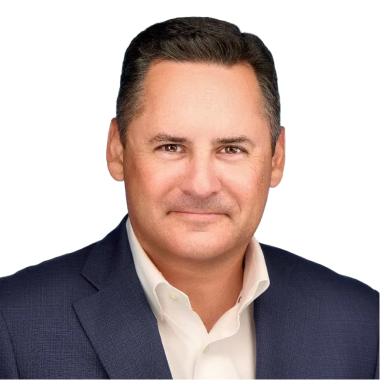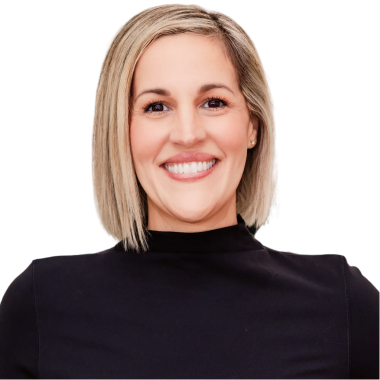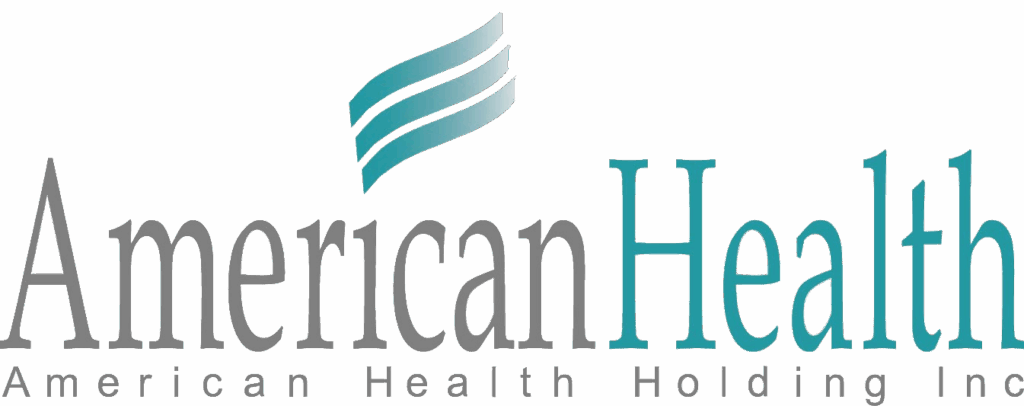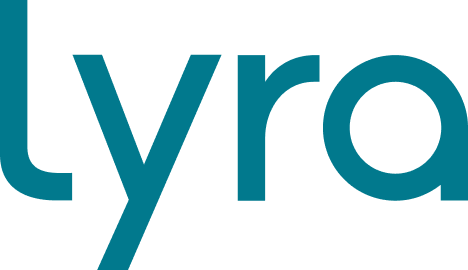Harness the pressure.
Build bolder benefits.
MARCh 4–6

This isn’t just another health benefits conference; it’s your exclusive ticket to game-changing ideas and community connections that drive real impact.
Learn from the best
We’re excited about our speaker line up for Together 2026. Whether it’s straight-talking HR and Benefits leaders, challenger voices in modern healthcare and policy, or industry experts in AI and direct contracting, there’s something for everyone ready to turn pressure into power.
Keynote speaker
Amy Morin
Psychotherapist | International Bestselling Author of the 13 Things Mentally Strong People Don’t Do Series
Amy Morin is a licensed therapist, mental strength trainer and the international bestselling author of the 13 Things Mentally Strong People Don’t Do series. Her books have been translated into more than 50 languages and she’s the award-winning host of the Mentally Stronger podcast.
Her TEDx talk, The Secret of Becoming Mentally Strong, is one of the most popular talks of all time with more than 25 million views. She lives on a sailboat in the Florida Keys.

Andor Molnar VP of Human Resources, Daikin North America

Dr. Ethan Goh Executive Director, Stanford ARISE, AI Research and Science Evaluation

Halle Tecco Rock Health Founder, Adjunct Faculty Harvard Medical School

Rhonda Wright Sr. Benefits Manager, Academy Sports + Outdoors

Ron E. Peck, Esq. Chief Legal Officer, The Phia Group

Scott Burton Market President, Providence Health Plan

Stacey Richter Relentless Health Value Podcast

Tabitha Pittman VP Benefits, Integrity

Ready for a strategic reset?
At Together 2026 (March 4–6, Scottsdale, AZ), we’re building a powerful community where HR leaders can finally Turn Pressure into Power — together. Get ready for game-changing ideas, real talk, and plenty of time to recharge, network, and enjoy the amazing Arizona sunshine. We can't wait to welcome you!
Why you should attend
Three days dedicated to expanding your knowledge, your network, and your perspective.
What you’ll learn
Dive into action, not theory. You’ll leave with practical frameworks to drive strategic cost control, audit for transparency, and implement innovative models — including AI and direct contracting — to tackle today’s challenges and transform your benefits strategy.
Who you’ll meet
Together is tailor-made exclusively for bold HR and Benefits leaders like you. Exchange best practices with peers, gain insights from industry experts, and meet ecosystem partners whose integrated solutions streamline administration and enhance member care.
What to expect
Experience an event designed around how healthcare should feel. Prioritize your well-being with restorative onsite activities, engage in interactive learning, and leave energized with the tools you need to drive meaningful change.
Want help getting approval to attend?
Did we mention, this event’s on us? Complimentary registration means even more value for you.
Register to hold my spot!
Sign up for Together 2026 now and request your seat for this exclusive employer-only event.
Our event sponsors
Grateful to our partners helping to deliver a wonderful event experience.











Collective Health is not affiliated with sponsors and does not endorse sponsor products and services.
